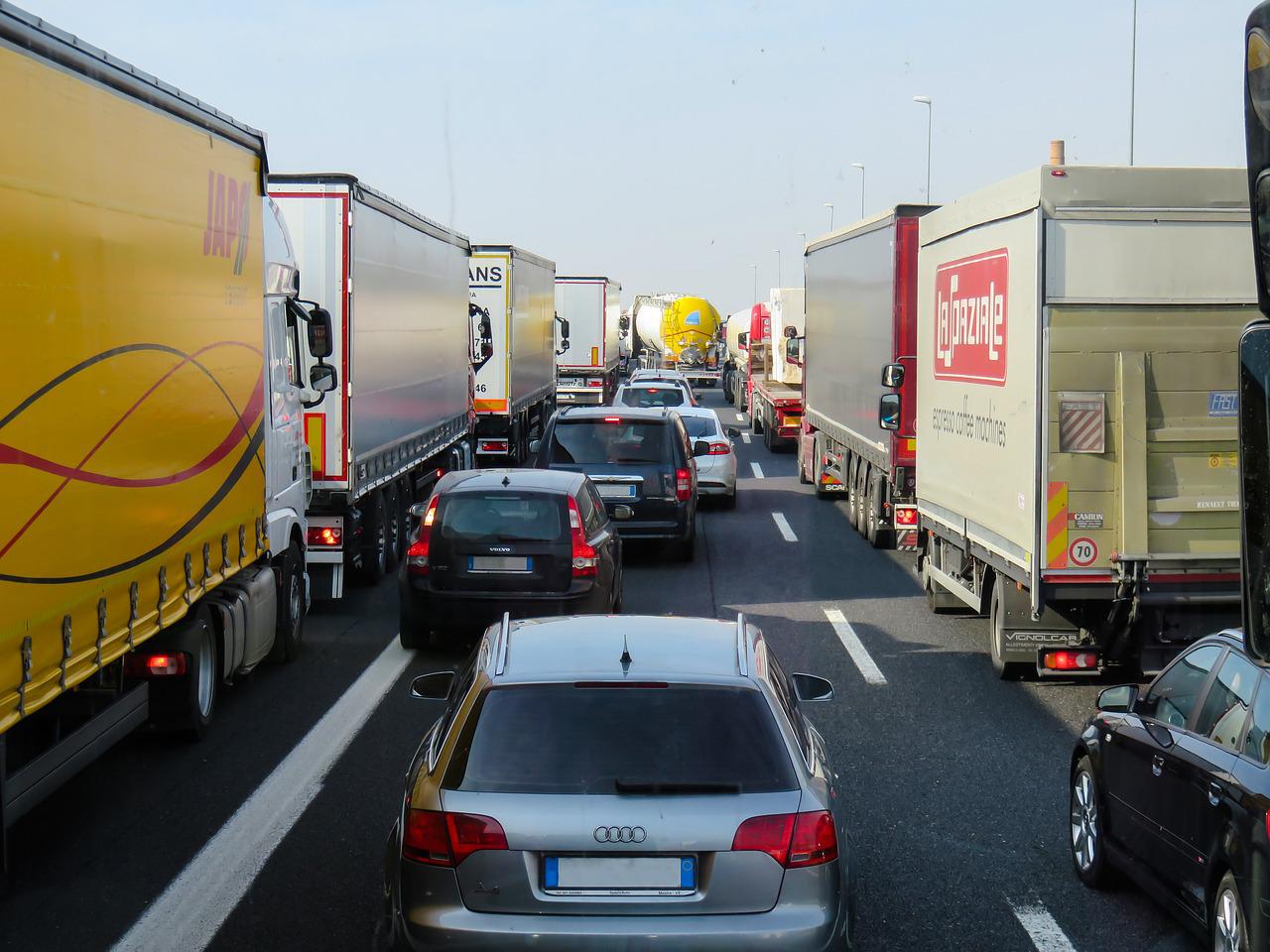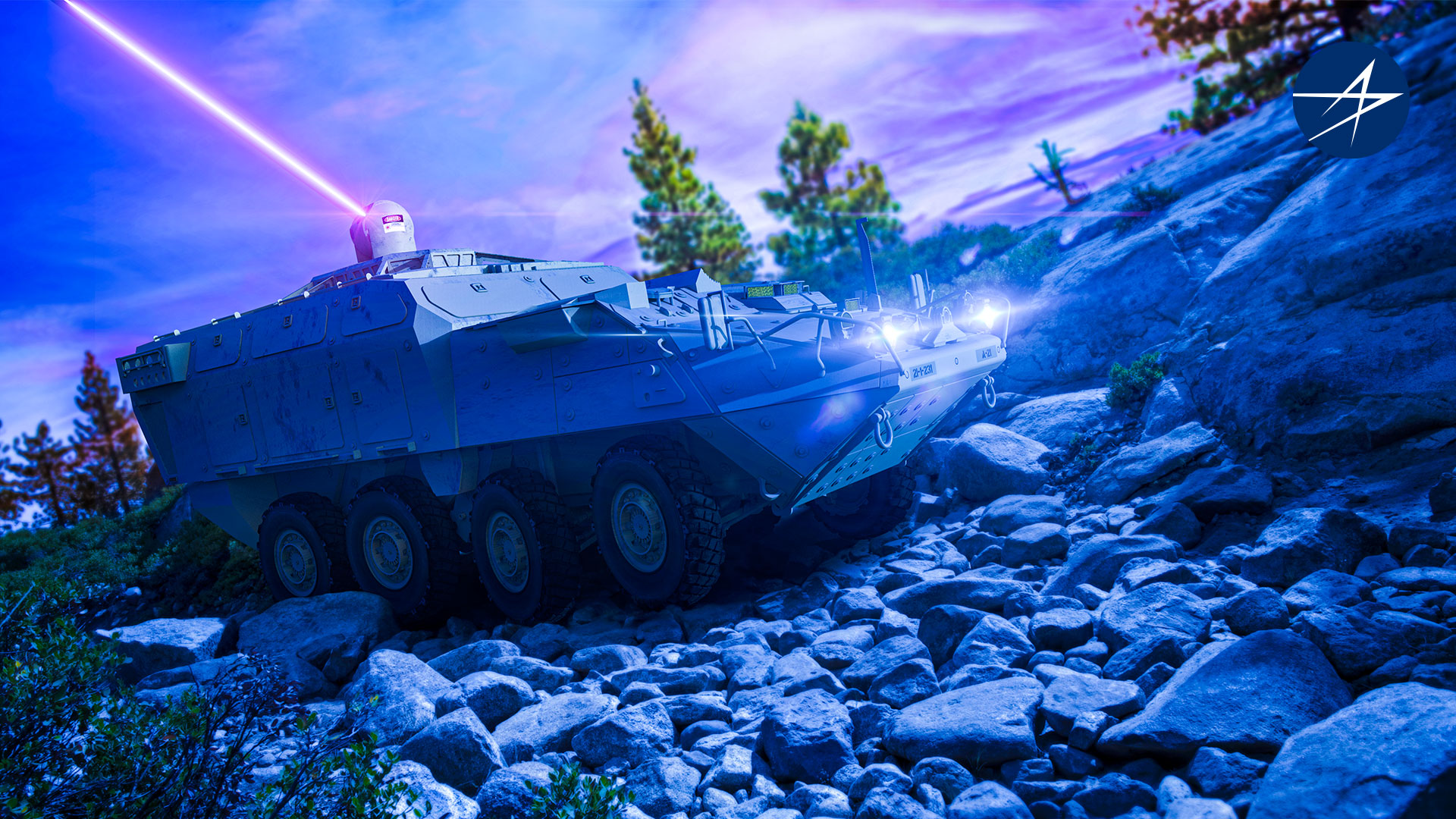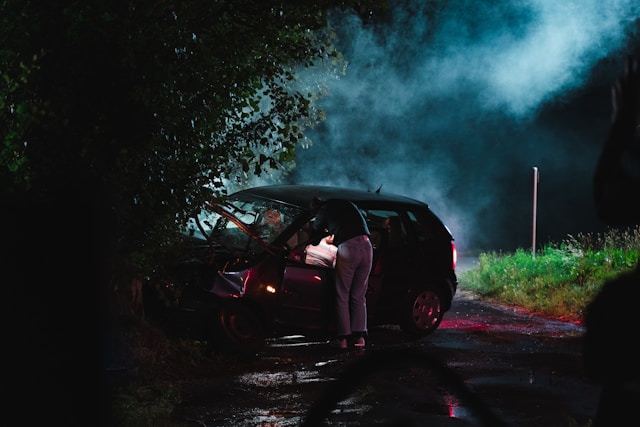Physics is the main factor explaining why truck accidents are considerably worse than incidents involving passenger cars. Tractor trailers can weigh up to 80,000 pounds, while most passenger cars weigh less than 4,000 pounds. Because of this, passengers in cars account for 97% of fatal truck crash fatalities.
A semi-truck or large rig can physically crush a smaller car or truck. A truck underride accident, one of the most catastrophic forms of vehicle collisions, is more likely to occur because of its larger size. The smaller car could have its top ripped off or stuck underneath the truck. The St. Louis truck accident lawyers at The Bruning Law Firm tell us it’s recommended to discuss your truck accident claim with an expert legal professional, as they can help you to file the right claim in the area your accident happened in.
Truck Accidents vs Car Accidents
Lack of visibility and quick stopping power
Poor visibility is a major factor in trucking accidents since truck drivers have a harder time seeing the road and other vehicles compared to standard passenger cars. For instance, 18-wheelers have major blind zones that may make it difficult for the driver to detect whether another vehicle is nearby. A truck’s blind spot may fit entire cars, putting them in danger whenever the truck changes lanes or turns.
If a truck driver can’t see the cars, they are run over or forced off the road. The damage is frequently much less severe if the car’s driver cannot see another passenger vehicle.
The truck’s stopping ability is another factor in severe truck accidents. Even if they can notice accidents in time, drivers are powerless to stop them because of a truck’s size and weight. The stopping distance of a truck increases by 20% to 40%. Increased weight and speed result in catastrophic injuries.
More prone to Rollover Accidents & Jackknifing
Sadly, rollover incidents involving trucks are more common than regular passenger cars. The centers of gravity of tractor-trailers are stronger. Trucks are much more prone to flip over during emergency maneuvers such as swerving at high speeds to avoid an obstacle, crushing passenger vehicles. On slick or snowy roads, trucks are particularly prone to jackknifing. The trailer will frequently skid when a truck driver tries to maneuver his vehicle out of the path of an object or another vehicle. While the trailer has too much momentum and continues on the same road, the unexpected swerve will send the truck in a new direction. As a result, the trailer pulls the truck, possibly trapping passengers inside the gap between the two or causing a serious pileup in seconds.
Federal laws are different for trucks and cars
The trucking business is governed by a substantial collection of laws and regulations, which has an impact on how truck accidents are investigated and who is at fault. Additionally, trucking corporations frequently mount a strong defense against accusations brought against them to reduce the amount of money they have to compensate a truck accident victim.
To protect motorists, federal trucking regulations have been implemented. They lay forth guidelines for everything from a vehicle’s height and weight to the number of hours a truck driver is allowed to drive.
The Distinction Between Car & Truck Accidents
Truck accidents are more detrimental to the health and property of the persons involved, these claims can result in higher settlement sums.
There are 3 primary differences:
- Financial Responsibility
- Injury magnitude
- Driver Responsibility and Federal Regulations
Identifying & Proving Negligence
Identifying who is liable in a normal car accident is usually straightforward. However, this is not true in commercial truck accidents. There are frequently numerous potential defendants and liable parties.
Defendants in a truck accident may claim the following:
- The driver of a truck or their employer
- Manufacturer of a faulty component
- Dealer for trucks
- Loading facility
- Repair center
- Governmental body in charge of roads
Conclusion
Working with a lawyer with expertise in trucking accident claims makes sense. These lawyers understand how to handle truck accident cases and have the resources, personnel, and dedication necessary to pursue the best outcome.







